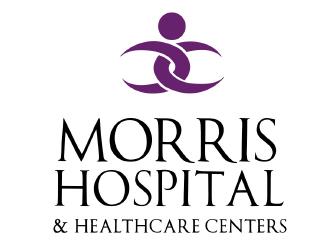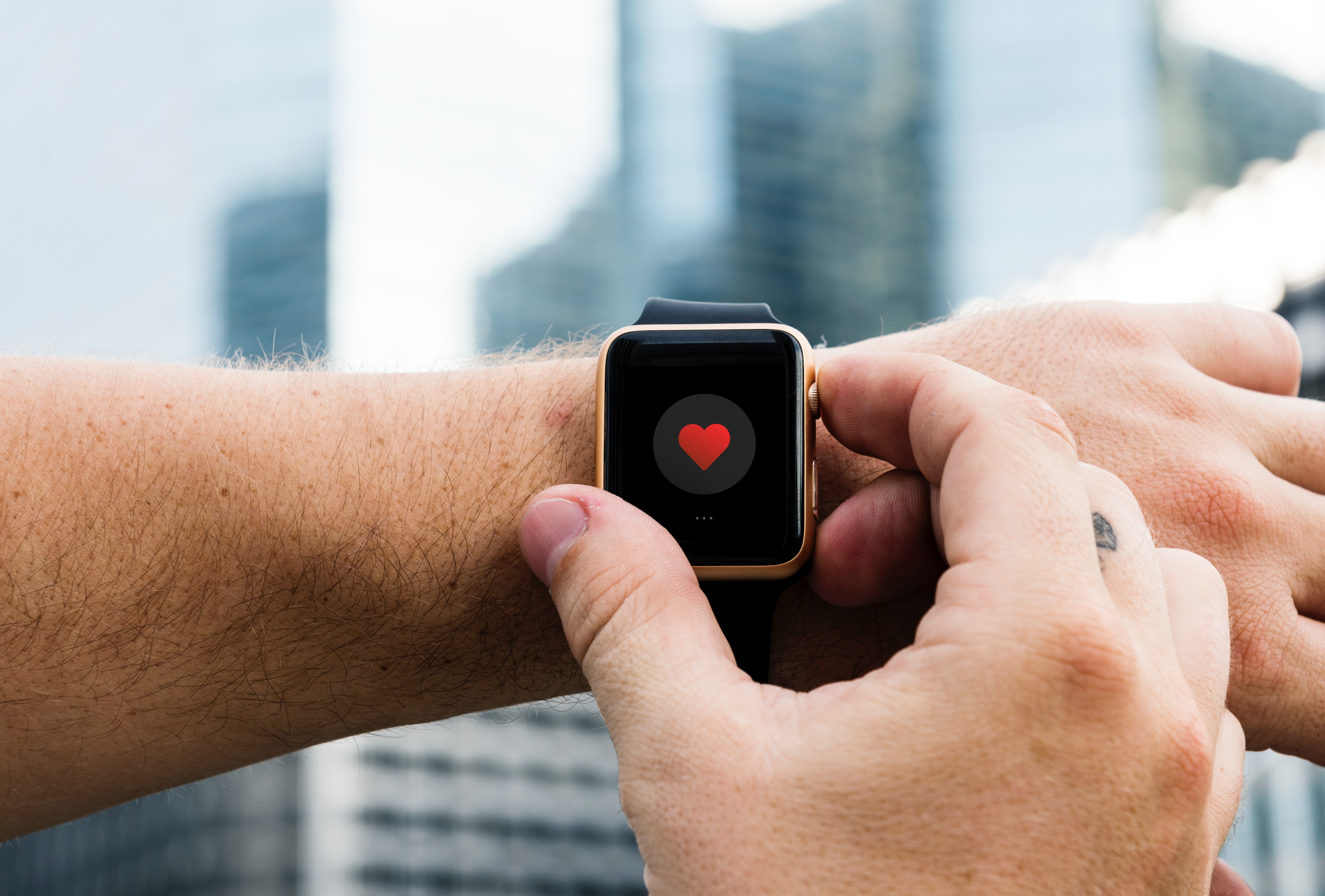Take action to help keep your heart healthy this February during American Heart Month.
Every year, nearly 735,000 Americans have a heart attack. With heart disease being the leading cause of deaths in the United States, it’s important to recognize and understand the warning signs and symptoms of a heart attack. And, while a heart attack can happen at any time, the cold winter months make for a dangerous time for those at risk of a heart attack.
Our partners at Morris Hospital and Healthcare Centers along with Dr. Syed Ahmed, a board-certified cardiologist with Morris Hospital Cardiovascular Specialists, provide insightful details on this life-threatening event.
According to Dr. Ahmed, multiple things occur in your body when you do a vigorous activity outside during the winter.
“Exercising makes your heart rate go up, lifting snow can increase your blood pressure and breathing in the cold air causes a lot of stress on your lungs,” said Dr. Ahmed. “These three stressors result in a lot of strain on the heart, which can lead to the rupture of plaque in blood vessels.”
Dr. Ahmed explains that heart attacks result from blockages in the coronary arteries. Plaque composed of cholesterol, fat and other substances develops over time along the inside of the arteries that supply blood to the heart. Many different factors can lead to plaque ruptures such as stress, anxiety and physical activity, among many others. Having a heart attack can damage or destroy heart tissue, so it’s critical to receive quick medical intervention. 
Identifying the warning signs of a heart attack will help to save your life or a loved one’s life during a cardiac event. Dr. Ahmed says the most common symptom of a heart attack is discomfort, pain or pressure in the chest that lasts more than a few minutes. It is also possible for the feeling to leave and return. If you experience pain between your shoulder blades, neck or jaw or in one or both of your arms, this may be a sign of a heart attack. Perhaps one of the most unsettling symptoms is having no pain at all.
“Some people having a heart attack experience no pain, but they might become weak, lightheaded, short of breath, nauseated, or break out in a cold sweat,” said Dr. Ahmed.
Those who experience any of these symptoms or feel as though they are having a heart attack should seek medical attention immediately. Waiting hours before calling 911 or going to your local emergency room can lead to extensive, permanent damage to your heart.
“You might not think you’re having a heart attack,” said Dr. Ahmed, “but the best thing to do is go to the emergency room. You’re not burdening anyone. We are here to save your life.”

